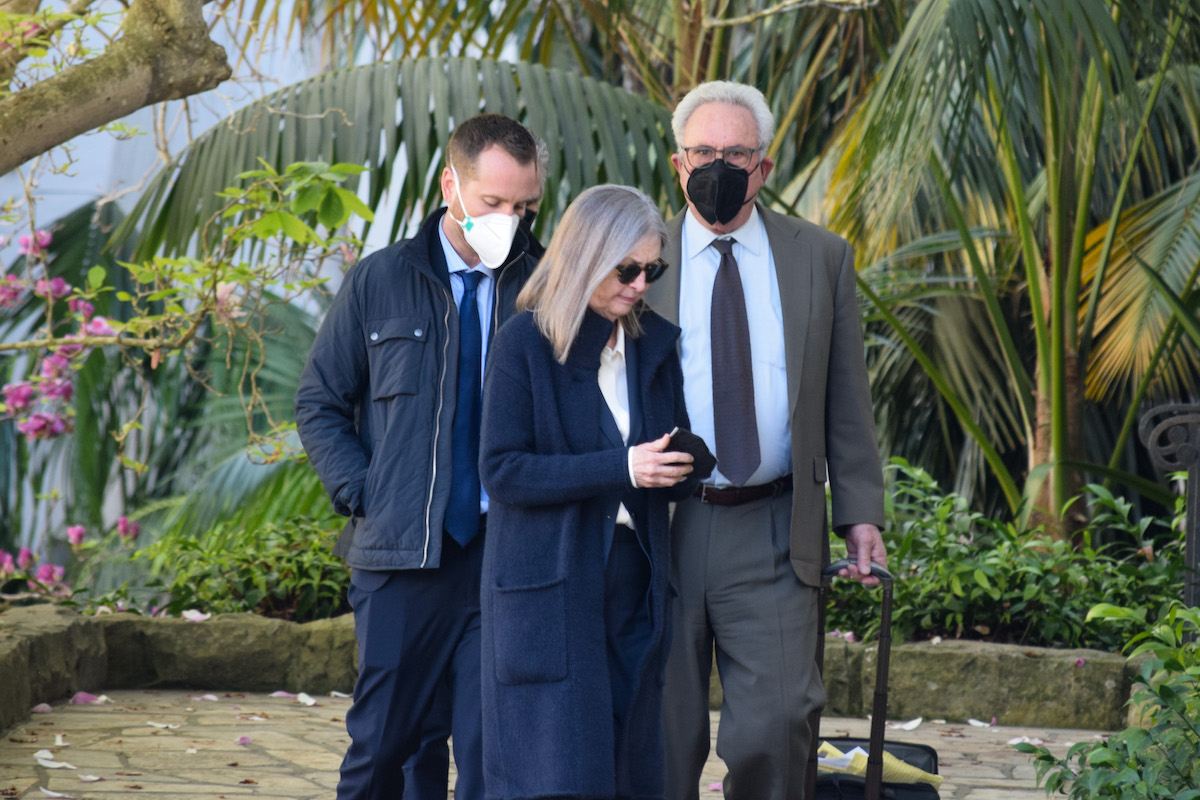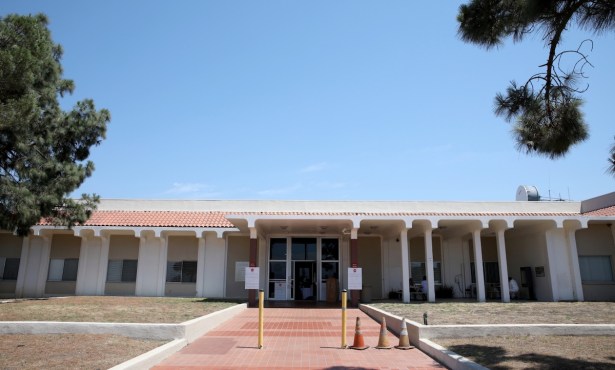David Attias Testifies One Last Time in Petition to Restore Sanity 20 Years After Isla Vista Killings
Attias Is Trying to Legally Free Himself of Conditional Release Program, but Doctors Say He's Not Ready

David Attias took to the stand in Judge Thomas Adams Department 1 courtroom Wednesday to speak for himself one final time in his petition to legally restore his sanity and be released from the obligations of CONREP — his conditional release program.
Attias was released from Patton State Hospital in 2012, where he spent 10 years after killing five people with his car in Isla Vista over 20 years ago, and he has spent the last decade in varying levels of his conditional release treatment program. If Judge Adams grants his petition, Attias would no longer have to attend mandatory therapy sessions or be subjected to random drug tests, at-home visits, or curfews.
Prosecutor Maggie Charles questioned Attias, who spoke softly and confidently, though when it came time to talk about his crime, he often stumbled to find the words to describe what happened. He referenced the event several times, calling it his “very publicized offense” or “what I did.” When speaking of the time before and after, Attias says, “when I was 18,” and “before they had me committed.”
He spoke of feeling guilty for the lives he took, saying, “There’s nothing I feel worse about than that.” The only time Attias directly stated what he did is when prosecutor Charles asks how exactly he disclosed his crime to his current girlfriend.
After pausing for a beat, blinking wildly, he said, “When I was 18, I drove my car through a crowd of people, and five of them died.” When his girlfriend testified earlier in the trial, she said she understood he had an “accident” in his past.
When asked about making amends with the families of his victims, some of whom were in attendance, he said that he has never attempted to reach out because he was originally prohibited from contacting them, and he never asked for permission “out of respect” for the families. “There’s nothing I could say to bring them back, so it’s best I just leave it alone,” he said.
Sign up for Indy Today to receive fresh news from Independent.com, in your inbox, every morning.
His treatment team at CONREP has said that he is not ready for a full restoration of his sanity, and that while he is aware of his bipolar diagnosis and his triggers, he still struggles with processing stressful situations and has pushed back on his treatment several times.
“I know I’m not the easiest person to deal with,” Attias said, adding that he has a tendency to “ruffle feathers sometimes.” He described struggling with the rigidity and structure of the program, which he said infringed on his ability to live a “normal” life. Under his current level of supervision, he has to attend two therapy sessions a month, two group sessions, and random drug tests, which require him to show up within an hour’s notice.
One of his terms of treatment is to notify his clinician of any potentially sexual relationship. Attias testified that he had sex with a married woman and failed to report it until his next scheduled session, saying he was uncomfortable with the rule. “It’s just kind of awkward. I figure it wasn’t important,” he said
The community program director of CONREP in Ventura County, Setareh Khan-Mohammadi, directly oversees Attias’s treatment. Before she was promoted to director, she had worked as his therapist in the program. She said there were several times Attias was reactive and defensive with the staff, and that sessions were often spent talking him back down instead of working on making progress toward an eventual discharge from the program.
When Judge Adams asked if she thought Attias should have his sanity restored, she said he needed to work through the systematic structure and decreasing levels of treatment already designed into the program.
“I think that he still has room for growth in the program,” she said. “There are behaviors that he still exhibits.” She said that he often avoids stressors, and tends to distance himself from a permanent diagnosis and focus more on symptoms. The purpose of the program, she said, is to prepare patients for a world full of stressors and triggers that can’t and shouldn’t be avoided.
Patients released into CONREP begin on the intensive-care level, then progress onto intermediate and then “supportive,” which is Attias’s current level of care. With normal progression, he would be moved to transitional and eventually aftercare, which is the final step to full discharge. “That’s our goal, to get him through,” Khan-Mohammadi said.
Attias’s attorney, Jack Earley, argued that since Attias had not experienced any bipolar episodes or violent ideation, he could reasonably continue with therapy on his own, though CONREP treatment staff said in earlier testimony that it was the structure and accountability that he needed most.
His current therapist with the program, forensic psychologist Linh Chi, will finish witness testimony on Thursday. No more witnesses are expected to be called in the trial.
Support the Santa Barbara Independent through a long-term or a single contribution.



